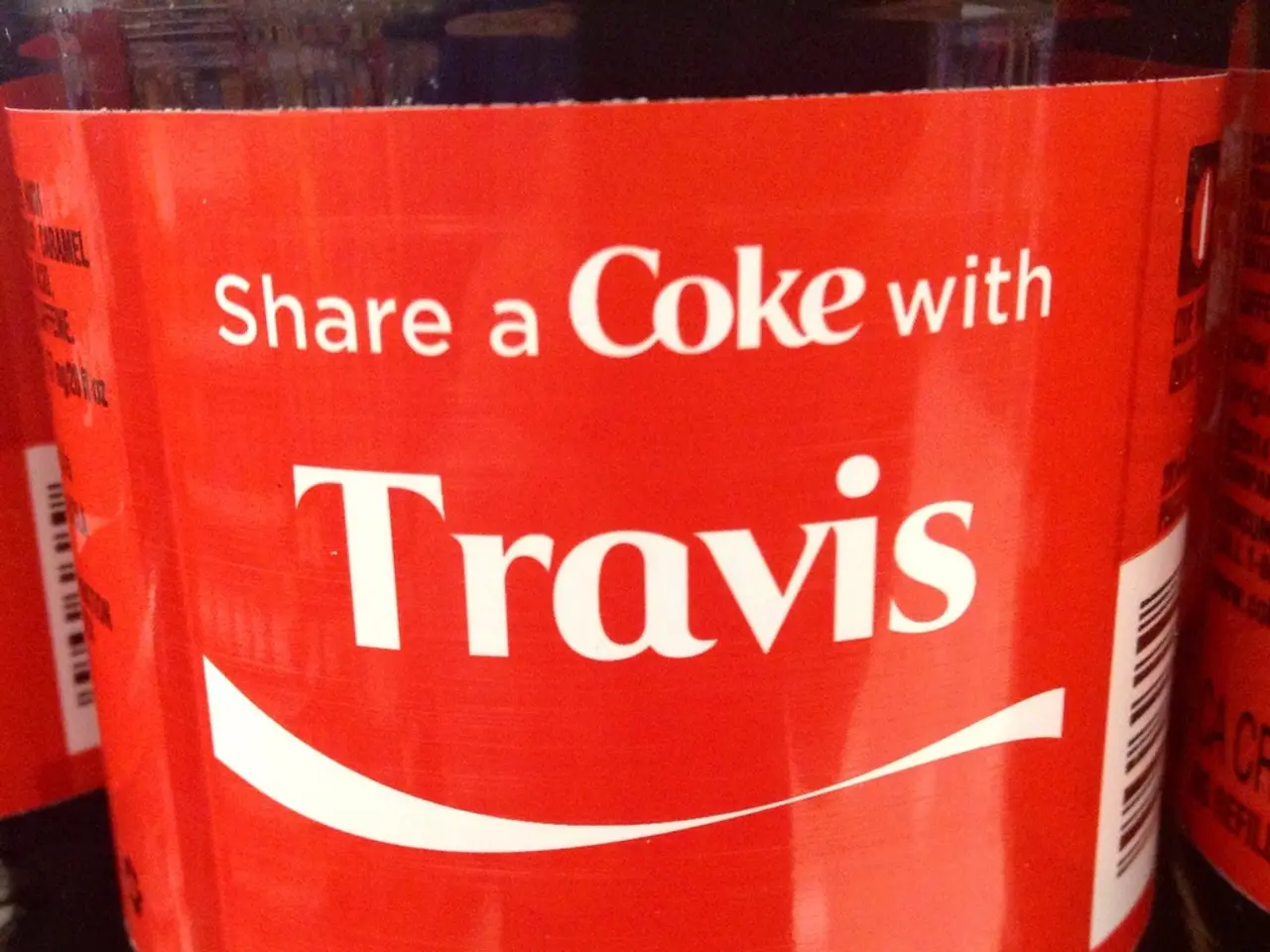Business pioneer Richard Harpin maintains that imitation is the key to achieving entrepreneurial success.
In the world of entrepreneurship, Richard Harpin, the founder of HomeServe, stands out for his unique approach to business growth. His philosophy, which embraces the concept of second-mover advantage and the strategic adaptation of proven business models, has been instrumental in transforming HomeServe into a £4 billion FTSE 100 company.
Harpin's strategy is rooted in learning from the successes and mistakes of pioneers, rather than insisting on being the first or pioneering entirely new concepts. By being a second mover, he was able to leverage established customer needs and market understanding, then deliver a superior or more focused execution.
One of Harpin's most notable investments outside of HomeServe is The Alice Hawthorn pub, which he rescued with a £525,000 loan. Despite having no experience in owning a pub, he saw an opportunity to adapt a successful model and turn it around. The pub, inspired by The Wild Rabbit in Chipping Norton, was later transformed into an award-winning diner, listed in the Michelin Guide 2025 as one of Yorkshire's best pubs.
Harpin's approach involves identifying proven business models that have succeeded elsewhere and adapting them to new markets or niches. For instance, one of his investments, Easy Bathrooms, was modeled on Howdens. He emphasizes tailoring the product and service to fit local market demands and regulatory environments, while the innovation often lies in the delivery mechanisms, marketing, and customer service improvements.
The Alice Hawthorn's fortunes were turned around when a husband-and-wife team was hired, who brought their expertise from running a restaurant in York. They were given equity in the pub and proper accountability, resulting in the pub making around £30,000-£40,000 a month.
Harpin's philosophy is not just about copying existing models; it's about improving upon them. He believes in companies like Netflix, which copied Blockbuster's model and improved upon it, demonstrating the power of second-mover advantage.
In addition to his business ventures, Harpin is an angel investor, using his estimated £500 million from the sale of HomeServe to back businesses that have copied a proven model and are improving upon it. He advocates for people who've made their money to stay in the UK, pay their capital gains tax, and give something back to the community.
In essence, Harpin's business philosophy champions leveraging second-mover advantage by copying and improving existing successful models, combined with a strong emphasis on pragmatic execution, customer focus, and operational excellence. His entrepreneurial mindset is less about inventing from scratch and more about optimizing proven ideas to build large, sustainable businesses.
- Richard Harpin, the founder of HomeServe, utilizes his entrepreneurship to invest in stocks, such as Easy Bathrooms, where he employs a strategy of adapting proven business models like Howdens to new markets.
- Due to his philosophy that centers on second-mover advantage, Harpin's angel investments, like The Alice Hawthorn pub, demonstrate the potential of copying successful models and improving upon them, as demonstrated by companies like Netflix.
- Apart from his business ventures, Harpin also finances various businesses that have copied a proven model, aiming to improve upon them and give back to the community, advocating for capital gains tax payments and community contribution.




